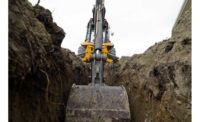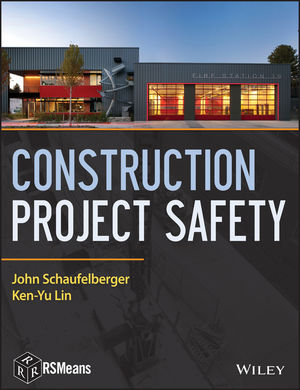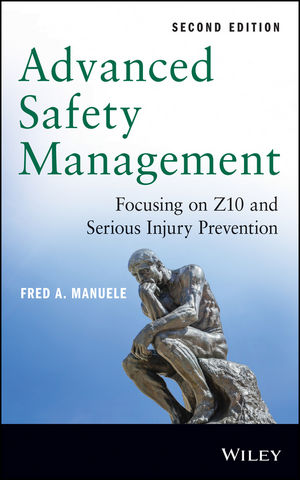Workers are at risk of serious injury or death when installing, repairing, and maintaining escalators and elevators, as well as when cleaning elevator shafts, conducting emergency evacuations of stalled elevators, or performing construction work near open shafts. A recent study by CPWR's Data Center found that while fatalities fluctuate year-to-year, the general trend in elevator-related deaths has been upward. According to data from the Bureau of Labor Statistics, the number of deaths doubled from 14 in 2003 to 28 in 2016, with a peak of 37 deaths in 2015. Between 2011 and 2016, 145 construction workers died due to elevator-related injuries. Key findings included:
- More than half (53.5%) of the fatalities were due to falls to a lower level, and nearly half (47.9%) of these falls were from more than 30 feet.
- More than one-third occurred while the victim was performing assembling or dismantling tasks.
- Younger construction workers had a higher risk of both fatal and nonfatal elevator-related injuries than their older counterparts.
The study notes that many of these deaths could have been prevented if adequate protection and safe work practices had been in place and includes a summary of recommendations from NIOSH investigators and selected OSHA regulations and guidance for elevator-related injury prevention. The complete Quarterly Data Report, Deaths and Injuries Involving Elevators or Escalators in Construction and the General Population, is available on the CPWR website.
Source: CPWR









